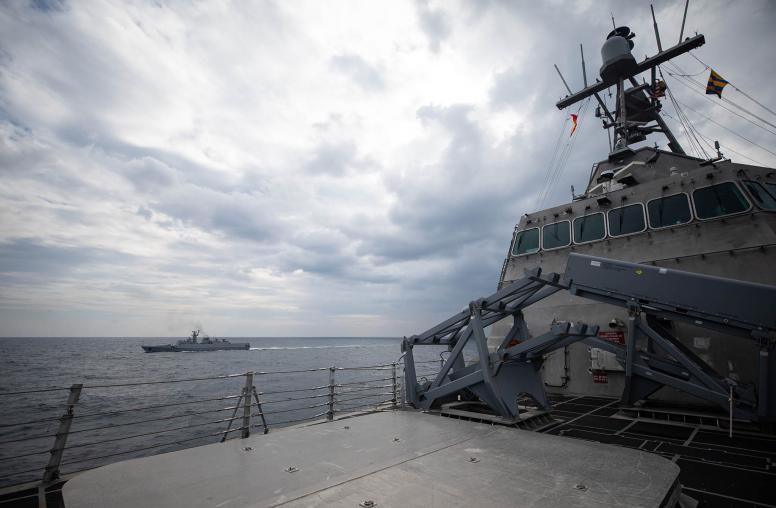The Utility of Force in Peace Operations: When and How?
At a time when there is waning confidence in the military campaign in Iraq, General Sir Rupert Smith, one of Great Britain's most distinguished military officers and a leader of peace operations in Bosnia and Kosovo, will examine the current paradox of militaries fighting for peace "among the people." How forces are configured and subordinated to overarching political goals as a result are key challenges facing policymakers today.
- What is the proper role of military forces in resolving conflict and building peace?
- When should force be used and how?
- How should force be applied in current situations today in Iraq, Afghanistan and Darfur?
Speakers
- General Sir Rupert Smith
Former Deputy Supreme Allied Commander Europe,
Last Commander of the U.N. Peacekeeping Force (UNPROFOR) in Bosnia - Paul Hughes, Commentator
Colonel, U.S. Army (Retired)
U.S. Institute of Peace - Daniel P. Serwer, Moderator
U.S. Institute of Peace




